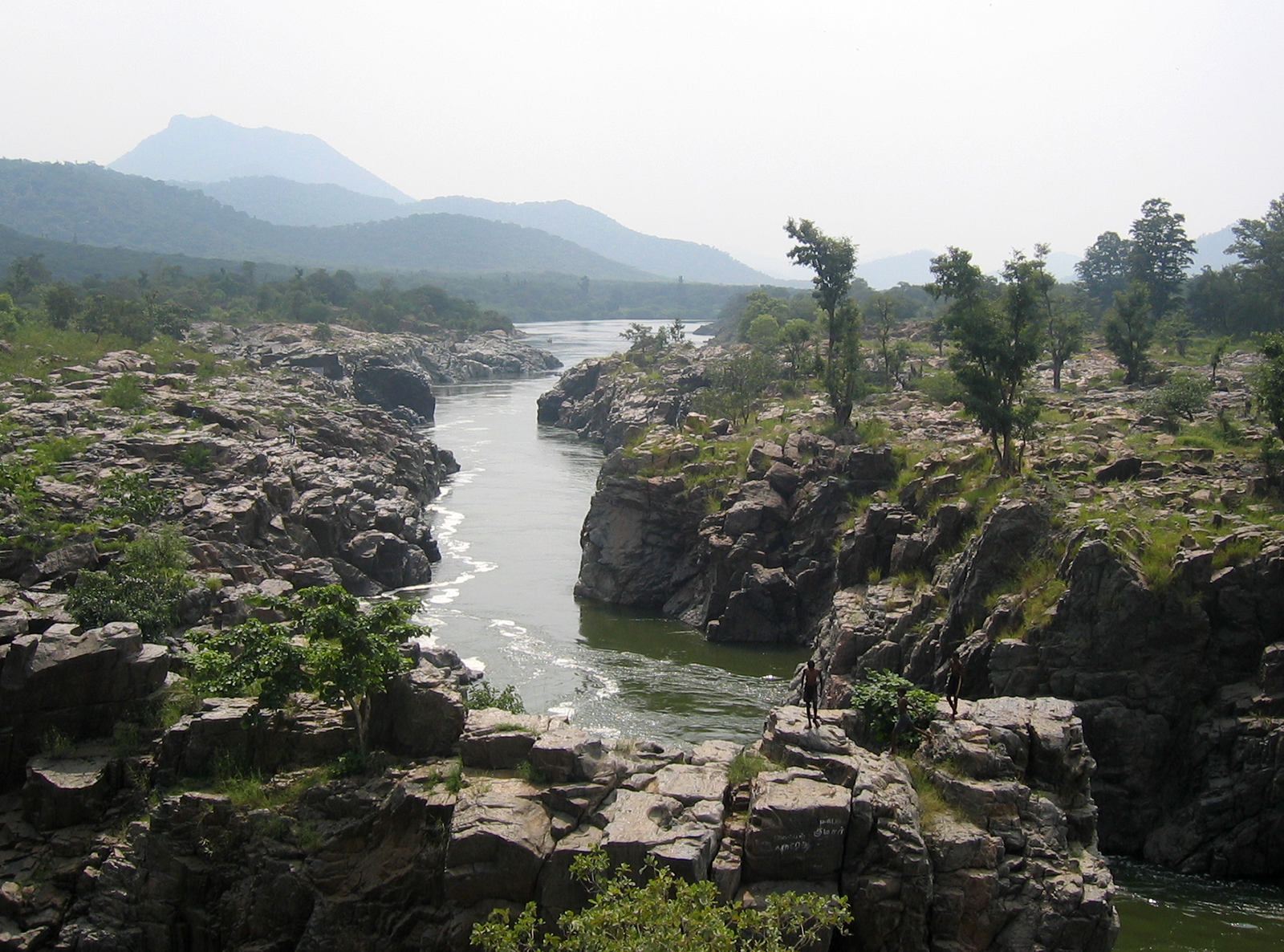
TN farmers oppose Mekedatu project, but want a new dam at Rasimanal
Tamil Nadu farmers are dead against Karnataka’s plan to build a dam on Cauvery river at Mekedatu, but at the same time they want Tamil Nadu government to expedite the process of constructing one at Rasimanal.

Tamil Nadu farmers are dead against Karnataka’s plan to build a dam on Cauvery river at Mekedatu, but at the same time they want Tamil Nadu government to expedite the process of constructing one at Rasimanal.
It is well known that Tamil Nadu’s food production is heavily dependent on water from the Cauvery. The neighboring state of Karnataka has always been reluctant to release water to Tamil Nadu. In fact they do release but only after much debates and confrontations between the two states.
Currently, the Karnataka government has a plan to build a dam across Cauvery in Mekedatu. If the dam becomes a reality, it is likely to affect 5 crore people of 11 corporations in 32 districts of Tamil Nadu. Farmers say that scrapping the Mekedatu dam project is the only solution to preventing 25 lakh acres of farm land in Tamil Nadu turning into desert.
The water that flows downwards towards Tamil Nadu is surplus water from Cauvery and Karnataka has no right to prevent the water, allege Tamil farmers.
Every year, excess water flows through Mettur Dam and drains into Bay of Bengal. Instead of letting out the excess water into the sea it can be stored by building a dam in Tamil Nadu at Rasimanal, said PR Pandian, general secretary, Tamil Nadu Cauvery Farmers’ Association.
Also read: Stalin urges Yediyurappa to drop Mekedatu dam project
“Since, we have an ideal landscape in Rasimanal, located on the Tamil Nadu – Karnataka border, a dam can definitely be built there. The left bank of Cauvery is for Tamil Nadu and the right bank is for Karnataka. The location has mountains on each side and that will help store sufficient about 100 TMC water,” he said, adding that every time the level at Mettur Dam falls, water from Rasimanal can be drawn for meeting people’s needs, he said.
“We can also have a pact with Karnataka, to allow them to take water from Rasimanal for drinking water needs of Bengaluru and to generate hydropower. This way, the Rasimanal dam would benefit mutually,” added Pandian.
The Rasimanal proposal is one of the many key projects envisioned by former Tamil Nadu chief minister K Kamaraj in 1961. After him, MG Ramachandran (MGR), also a chief minister, tried to construct a dam here but gave up for reasons unknown. After 40 years, the proposal has gained momentum only because of Karnataka’s insistence to build one at Mekedatu.
“Any issues with regard to Cauvery must be taken up with the Cauvery Management Board. The Centre should decide the matter only after consulting the Board. But in this case, the Centre has bypassed the Board. This is against Constitution,” stressed Pandian.
‘No use of building dam at Rasimanal’
There are contrary views to building a dam at Rasimanal. A Veerappan, former chief engineer, Tamil Nadu Public Works Department, said that it is not possible given the area’s geospatial nature.
“Years before we did a study at Rasimanal. There is no possibility or facility to construct a dam here. Even if we construct one, we will be able to build only for 10 metre height, which cannot hold even one TMC water,” he said.
When asked about Pandian’s claim that it was a dream project of Kamaraj, Veerappan said there are no records to prove such a statement. However, he said that Karnataka continues to build dams without consulting any other stakeholders.
“Between 1973 and 1980, Karnataka has built five dams on Cauvery’s tributaries Kabini, Herangi, Hemavati, Yagachi and Swarnawati. All these dams can store a total of 70 TMC water. Before building these dams, the state should have got permission from the Tamil Nadu government or from Central Water Commission or from the Planning Commission. But Karnataka did not go to any of the above,” he alleged.
Though the Tamil Nadu government has raised this issue with the Union government and with the Supreme Court, nothing has been done to prevent Karnataka from building dams at will, he added.
“It’s like we know that a person is a thief, but no one came forward to say that he is a thief,” said Veerappan.


